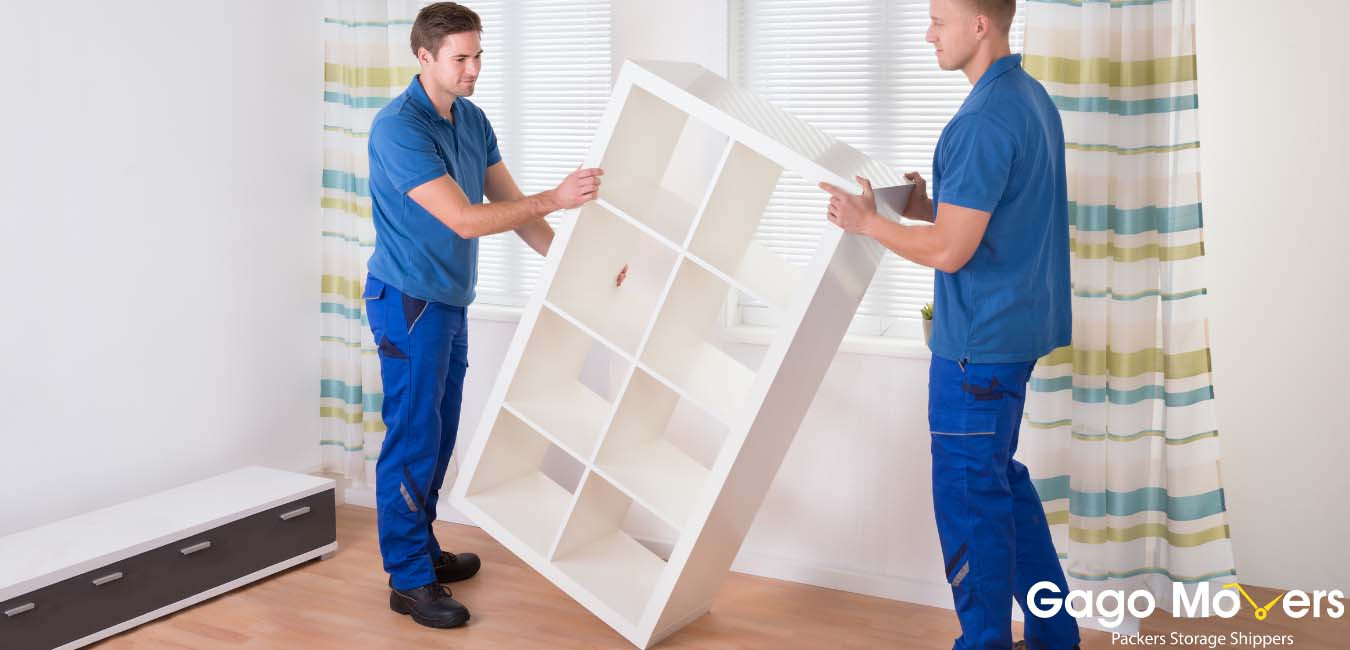Best ways to get rid of unwanted belongings
It is best to declutter before moving home. This way, you can save valuable space in the moving van, do away with the unnecessary burden of packing, and preserve some usable area in your new place.
However, decluttering may not be only done while moving; you might be spring cleaning, downsizing, or simply wanting to get rid of some clutter in your home. And in such instances, chances are you might come across a stock of things you no longer need or want to be thrown out.
To this end, undertake the following steps on your free day:
- Get five big boxes and label them with these titles: sell, pass on (as a gift), donate, upcycle, bin.
- Go over your items to see which things you need. If you haven’t used some belongings in a year, you will likely not need them anymore.
- Categorise your unwanted stuff into the right boxes.
Downsizing can be an emotional process
One common thing we occasionally do is keep a lot of stuff with us because of its sentimental value. Even if we have not found a proper place to display our old trophy, we still keep it. Parting with such items prompts some difficult decisions to make; we may have to decide between things that carry strong emotional connection, and we may not be able to hang onto them anymore.
Decide between the options available
Below are the ways you can get rid of your unwanted items:
Pass an item on as a gift
As already stated, items that carry emotional energy are difficult to part from. In cases like these, one of the ideal approaches to take is passing them on. If it is a family treasure you inherited, letting it continue its journey with a new relative or friend will provide you with a soothing sense of closure and peace of mind. But if you do not find someone close to you to gift it to, you may turn to someone who will at least adore it.
Is it worth it?
Your children, grandchildren, or other relatives and friends will likely feel cherished to receive an item from their ancestral lineage. But it is worth bearing in mind that this might not always be the case.
The reasons may boil down to generational differences in living behaviour: flats and apartments of the millennials and generation Z tend to be smaller, and they may not have space to adjust your old homely painting, for instance. Another cause can be the ever-changing style: The decorative item you have long treasured may not find its place in a minimalistic home setting. Therefore, before handing over an object, consider what the recipient may get out of it.
Selling unwanted items
Not everything we keep is worth a high cash value. Much of the legacy we hold on to, believing it will eventually be worth something, is basically mass-produced. Unless you have got your hand on a big brand hiding away in your closet, you are unlikely preserving any big fortune.
You can sell anything that is in a good condition, as long as you feel it is worthy of your time and energy. Low-value items may require more effort and time on your part than the money they eventually make. Yet, a stack of low-value items, such as old toys and garments in abundance, may best be sold at a car boot sale or an auction house where you may get charged around £10 a car, so ensure if it is worth it.
For single items worth more than a few pounds, the best bet is to sell them individually. To maximise your profit, keep a lookout for ‘No Insertion Fee’ weekends and other similar offers. Provide good-quality images along with a detailed description. And in case you feel unsure of what something is worth, drill down to see how similar items have been priced; for antiques, visit or contact a specialist dealer for their valuation.
Donating unwanted items
Items in a satisfactory condition that you do not wish to sell should be donated instead. Many local charity shops accept clothes and knick-knacks as donations, and you may also use your charity collection bags or collection bins for the same. Some charities offer free furniture and other large or heavy items collection services. However, you can also find a happy home for your possession by giving it to your friend.
Repairing and upcycling unwanted items
Inevitably, you will end up with some belongings that you won’t be able to locate a new home for. Two of the most recurring items in such a case are clothes and technology that can be recycled.
Defective items or those in poor condition can be restored with a tint of handiwork and later either used by yourself, donated, or sold. Try learning reparation techniques from Youtube tutorials and online methods available, or connect with someone with good knowledge of the item at hand. Yet, giving exhausted furniture a tinge of paint, some embellishments, or a new fabric is pretty simple. Search Google or look around to get your inspirations.
Binning items you no longer need
Consider binning the last resort once you have employed every other method to do away with your belongings. And instead of discarding them in your wheelie bin, try stopping by your local waste collection centre to check if they are recyclable.

